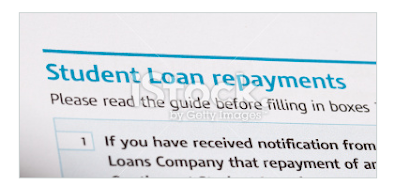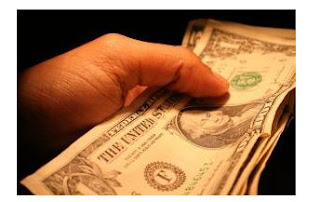Graduates who have defaulted on their National Higher Education Fund (PTPTN) loans will enter Bank Negara’s bad credit list next year unless they start repaying the RM1.2 billion borrowed from the government, Education Minister II Datuk Seri Idris Jusoh said today. Idris said these 170,000 PTPTN defaulters will be given a grace period of three months to avoid being listed in the Central Credit Reference Information System (CCRIS) – which could affect their chances of securing car and housing loans.
“When we announce the implementation of that move later, we will give a period of three months for the borrowers to discuss and then make payments before their names are listed in the CCRIS,” Idris was quoted saying by Bernama today.
In explaining Putrajaya’s revival of its plan to blacklist defaulters, Idris said that some borrowers had taken advantage of PTPTN’s flexible policy and refused to make any repayments.
“We have the borrowers’ details and know that some of them have lucrative salaries but do not come to PTPTN at all within three years to discuss or make any payments,” he was also quoted saying.
Earlier today, Berita Harian reported that PTPTN will list defaulters in the CCRIS from next year onwards in order to regain the funds.
The 170,000 defaulters are said to owe a total of RM1.2 billion which they borrowed in the 1998 to 2010 period.
Many students borrow from the PTPTN but the fund is itself teetering under the burden of unpaid loans and has resorted to blacklisting defaulters so that they cannot leave the country.
In February this year, Malay Mail Online reported PTPTN saying in a recent statement then that as many as 468,592 borrowers have defaulted on their loans amounting to RM3.3 billion as of November 30, 2013.
The fund said that as of end of November it has issued study loans to 2.34 million people, totalling RM53.23 billion.
On August 21 last year, the Cabinet scrapped Putrajaya’s plan to list PTPTN defaulters in the CCRIS blacklist after the proposed move was roundly criticised across the political divide – including Youth and Sports Minister Khairy Jamaluddin.
Just a day before Putrajaya shelved the controversial proposal last year, Pakatan Rakyat leaders had threatened to kick off a nationwide protest campaign if the government continued with the CCRIS move.
The CCRIS is where information on borrowers to the Credit Bureau is stored. Credit data from financial institutions is automatically kept and processed in the CCRIS and subsequently synthesised into credit reports, which will, in turn, be made available to institutions upon request.
An individual with a bad credit report would automatically face trouble when applying for future loans with these institutions.
Source: https://www.malaymail.com/news/malaysia/2014/10/09/credit-blacklist-for-170000-ptptn-defaulters-unless-repayments-made-ministr/760437













